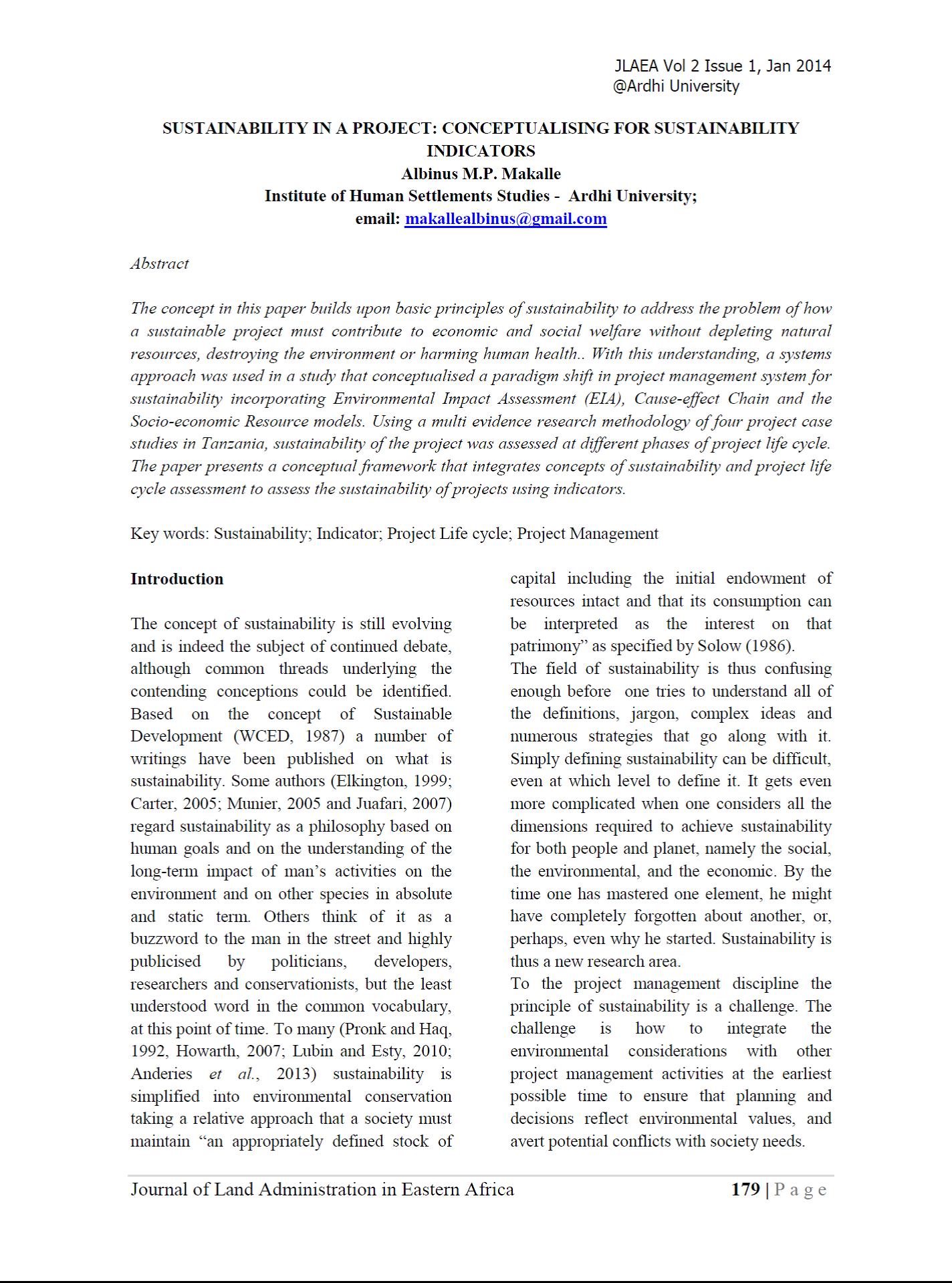A user guide to Ghana Africa research in sustainable intensification for the next generation (Africa RISING) baseline evaluation survey data
The Ghana Africa Research in Sustainable Intensification for the Next Generation (Africa RISING) Baseline Evaluation Survey (GARBES) survey was implemented from May to July 2014 as part of IFPRI’s Monitoring and Evaluation (M&E) of Africa RISING. Africa RISING aims to create opportunities for smallholder farmers in Africa south of the Sahara (through action research and development partnerships) by sustainably intensifying their farming systems and improving food, nutrition, and income security.




